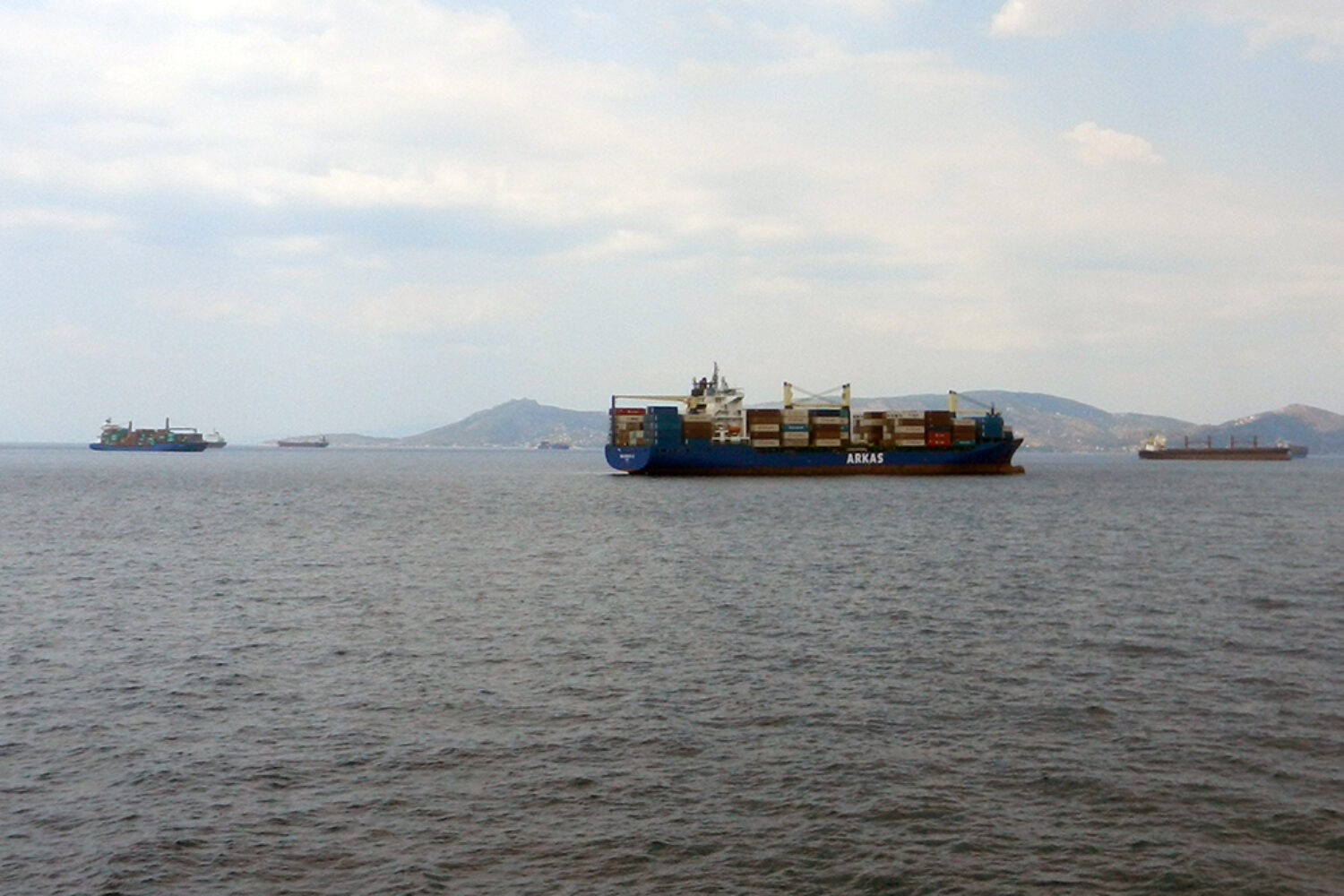From May 1, new regulations on the use of fuels with sulphur content will apply to shipping in the Mediterranean.
In accordance with a decision by the International Maritime Organization (IMO), the area will become the world’s fifth Emission Control Area (ECA). Shipping companies have already announced that they will charge surcharges as a result.
So-called ECAs are defined by the IMO in accordance with Annex VI of the MARPOL Convention, which deals with the reduction of air pollution from maritime traffic. The Emission Control Areas are part of the IMO’s measures to achieve the “net zero” targets by 2050. They are considered a short-term solution that focuses on the reduction of sulphur oxides (SOx) in shipping.
This means that ships in the Mediterranean may only be operated with a fuel that has a maximum SOx content of 0.1%. The only permissible fuels are MGO (Marine Gas Oil) or alternatives such as LNG, methanol and ammonia. Exceptions only apply to ships equipped with scrubbers: They are still allowed to burn VLSFO (Very Low Sulphur Fuel Oil).
Shipping companies announce surcharges
Several large shipping companies such as MSC, Maersk and CMA CGM have already announced surcharges for all shipments that are handled via the new emission control zone as a result of the changes. According to the industry service Alphaliner, 1,253 container ships were recorded in the Mediterranean in the first quarter of this year. Around a quarter (27.5%) of these are equipped with scrubbers, while a further 4.5% can be operated with alternative fuels.
However, it is worth mentioning that maritime traffic in the Mediterranean has changed considerably as a result of the crisis in the Red Sea and the rerouting via the Cape of Good Hope. In addition to environmental concerns, particularly regarding accelerated acidification of water and soil, SOx emissions are also being addressed due to their known impact on public health. According to the European Maritime Safety Agency, shipping contributed 24% of the European Union’s SOx emissions in 2018. From March 2026, the Norwegian Sea and the Canadian Arctic will also be declared emission control areas, with the entire North Atlantic to follow from 2027, making it the largest ECA in the world.
According to the environmental organization NABU, the IMO regulation plays a significant role for the health of the 250 million people living in the Mediterranean region. In addition to positive effects for nature, in particular by preventing acidification, 1,100 deaths and 2,300 cases of asthma in children are to be prevented each year.
Mediterranean ECA does not take nitrogen oxides into account
“In contrast to the emission control areas for the North and Baltic Seas and the recently agreed ECA for the North Atlantic, the ECA for the Mediterranean does not take nitrogen oxides into account,” NABU continues. It is therefore important to take the next step and create a regulatory framework that closes this gap and harmonizes regulation across Europe. High nitrogen oxide concentrations, for example, lead to summer smog in Mediterranean cities, which poses a serious threat to human health.
“We welcome the successful implementation of this new emission control zone,” said Sönke Diesener, shipping expert at NABU. “It will reduce exposure to toxic air pollution for 250 million people around the Mediterranean and reduce acidification and poisoning of water and soil. Unfortunately, not all ships will switch to clean fuels, but some may opt for exhaust gas aftertreatment. By allowing such scrubbers as a compliance measure, we are missing the opportunity to get rid of toxic heavy fuel oil and its threat to marine life. It’s time to close this loophole that prolongs the use of the world’s most toxic fuels in shipping.” (JW)
“The North Atlantic Emission Control Area didn’t happen by surprise, but through solid orchestration,” says Sönke Diesener, policy expert at NABU. “NGOs and coastal states like Portugal, France, and the UK worked closely to make it happen—showing what’s possible when there’s political will.” You can watch the full episode here:














